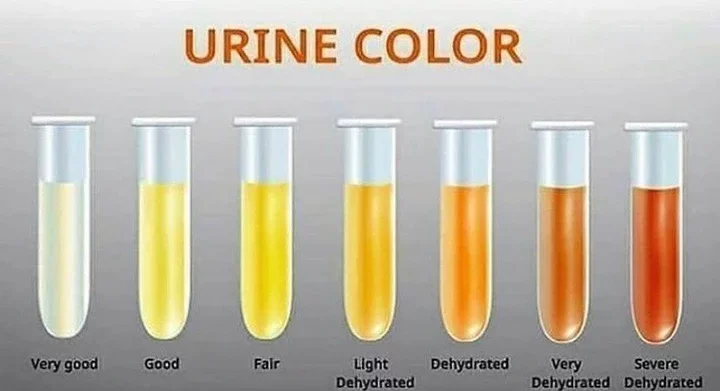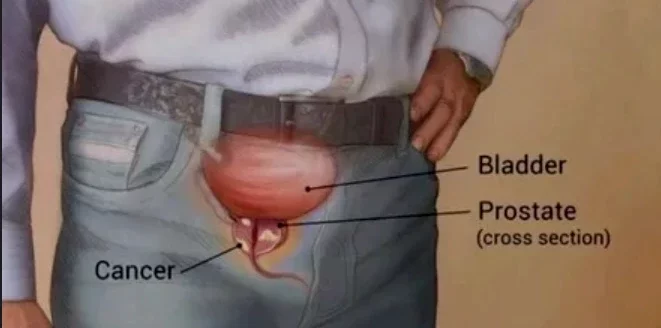How often do you find yourself asking the question: "Why do I sweat so much?". While we've all experienced a bout of unexpected, excessive, and sometimes embarrassing, sweating at some point or another: the ill-prepared presentation; that awkward first date. And not forgetting - this week's unbearably sweaty commutes (hello heatwave). For some, however, sweating is a daily struggle that's only exacerbated when temperatures begin to climb.
And if you've been wondering why, you sweat so much, you're not alone. According to a survey of 2000 British participants carried out by Odaban, 54.7% of us think that we sweat more than the average person. Meanwhile, around 3-5% of the global population suffers from hyperhidrosis, the term used to describe excessive sweating.
While the impending heatwave may have you concerned about sweating more than normal, it's important to understand what's causing your sweating in the first place, plus, understanding the best treatments for you. Below, we speak to skincare expert and leading aesthetic doctor, Dr. David Jack, for his insight - plus, uncover some useful tips to help keep excessive sweating at bay.
Why do I sweat so much?
If you've been repeatedly asking yourself the same question, but you're still unsure why you might be sweating more than normal, you've come to the right place.
There are a few things that may cause you to sweat more easily beyond the more obvious hot weather:
Hormonal changes
Lifestyle habits, like consuming too much alcohol or caffeine
Hyperthyroidism; an overactive thyroid
Fevers or illness
But, first things first, why do you even sweat to begin with? Sweating is actually your body's way of regulating your body temperature. Through evaporation, sweating helps your body cool down, which is why most people tend to sweat more when the weather is hotter.
Sweating is completely normal and natural. But for some people, the glands responsible for sweating (the apocrine glands) are overactive and produce more sweat than is actually needed. This is referred to as excessive sweating - or hyperhidrosis - and can occur in various parts of the body, such as the underarms, palms, soles of the feet and face.
What is hyperhidrosis?
"Hyperhidrosis is a medical condition that goes beyond normal sweating and involves excessive perspiration," shares Dr Jack. "The condition can significantly impact an individual's daily life, leading to social embarrassment, reduced self-confidence and interference with daily activities."
There are two main types of hyperhidrosis: primary and secondary. "Primary hyperhidrosis is the most common form and typically starts during adolescence. It has no underlying medical cause and is often hereditary," he says. "On the other hand, secondary hyperhidrosis is less common and occurs as a result of an underlying condition or medication."
Why do I sweat so much An expert reveals the causes of excessive sweating
Can you treat excessive sweating?

Treating hyperhidrosis involves different options depending on the severity and the individual's needs, shares Jack. "Topical antiperspirants containing aluminum chloride hexahydrate are commonly used to manage excessive sweating, as these prescription-strength antiperspirants help reduce sweating by temporarily blocking the sweat glands."
Another non-invasive treatment option, he adds, is iontophoresis. "This involves immersing the affected area in water and passing a weak electrical current through it. This procedure helps block the sweat glands temporarily." Some oral medications, such as anticholinergics or beta blockers, are also prescribed to reduce sweating, but he warns that these can have side effects, unfortunately.
"Botulinum toxin injections (Botox) are popular for treating hyperhidrosis, particularly in the underarms," he adds. "The toxin works by blocking the nerve signals that stimulate sweat production, providing relief for several months. In severe cases where other treatments have failed, surgical procedures like sweat gland removal or sympathectomy may be considered. These procedures permanently disable the sweat glands or interrupt the nerve signals that trigger sweating."
If you think you're sweating too much, you can seek advice or treatment from the NHS. Dr. Jack recommends consulting a doctor who can provide a proper diagnosis and develop a personalised treatment plan if you feel like you're sweating more than normal. "Whether it's using antiperspirants, trying non-invasive methods like iontophoresis, considering botulinum toxin injections, or exploring surgical interventions, healthcare professionals will guide patients in managing their hyperhidrosis effectively and improving their quality of life." The good news is that there are plenty of options to consider to help manage your symptoms.
















Comments